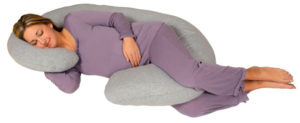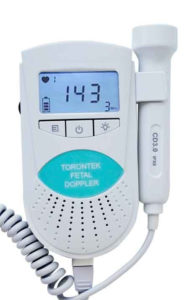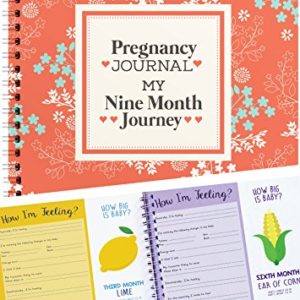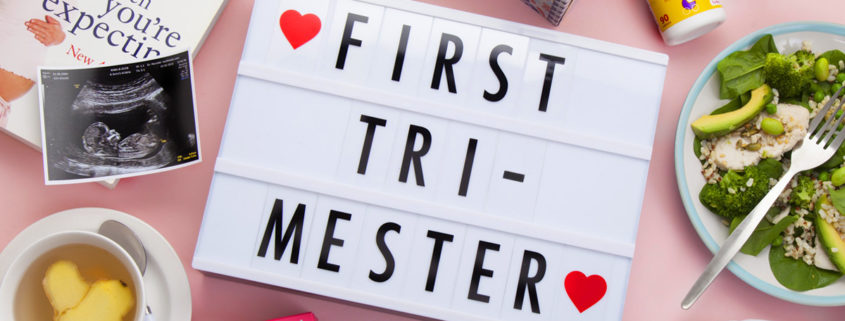Pregnancy Kit must haves for First Trimester
Congratulations – you’re having a baby! When you are pregnant, thinking of all the stuff you may need for the baby can be mind blowing. First trimester is always a DOOZY. Any way you slice it. It’s just hard! But don’t jump the gun – they’re not even born yet so concentrate on the pregnancy must haves that will make YOU feel better along the way.
New Pants or a Waistband extender 
Your belly may not be visibly rounder yet, but your pants may not be fitting as well, even just a few weeks in. A new pair of pants with a bit of Lycra stretch might round out your wardrobe perfectly.If you don’t want to start buying new clothes just yet, try a waistband extender such as the Belly Belt or Bella Band. Keeping comfy is your new mission, and it’s more important than you may think: Some women report that a looser waistband helps with morning sickness.
Folic Acid
 If you’re pregnant or might become pregnant, it’s critically important to get enough folic acid, the synthetic form of vitamin B9, also known as folate. Folic acid helps prevent neural tube defects (NTDs) – serious birth defects of the spinal cord (such as spina bifida) and the brain (such as anencephaly).Taking a folic acid supplement, ideally before you conceive, and then every day for the entire first trimester will help prevent neural tube defects. A daily 400 mcg (microgram) supplement is recommended for most women. Some women need a 5mg (milligram) daily dose so check with your doctor if this applies to you.
If you’re pregnant or might become pregnant, it’s critically important to get enough folic acid, the synthetic form of vitamin B9, also known as folate. Folic acid helps prevent neural tube defects (NTDs) – serious birth defects of the spinal cord (such as spina bifida) and the brain (such as anencephaly).Taking a folic acid supplement, ideally before you conceive, and then every day for the entire first trimester will help prevent neural tube defects. A daily 400 mcg (microgram) supplement is recommended for most women. Some women need a 5mg (milligram) daily dose so check with your doctor if this applies to you.
Vitamin D 
The study confirmed vitamin D at this level is not only safe for you, but for your baby, and the researchers from this study now recommend this daily dosage of vitamin D for all pregnant women. The average prenatal vitamin only contains 400 IU of vitamin D, so additional supplementation should be taken daily. The Department of Health advice is to consider taking a 10 mcg (microgram) daily supplement. Vitamin D helps keep bones, muscles, and teeth healthy and it can be hard when pregnant to get the amount you need from food and sunlight alone.
Sickness Bands
The first 12 weeks of pregnancy is the time when morning sickness can often make you feel wretched. Morning sickness acupressure bands that you wear around your wrist may help alleviate that nauseous feeling that affects around 80% of women.
Body Pillow
 During pregnancy, you may find yourself wrestling in bed trying to get comfortable before falling asleep. Unfortunately, your regular sleeping positions may no longer work for you during pregnancy. There are a number of reasons for this new discomfort, but there are some sleeping positions that you can try that may help you get your much-needed rest. Pillows can help you avoid sleepless nights. You can try various pillows, either regularly used ones or those available specifically for pregnancy use. You may use body-length, U or C-shaped pillows, or wedge-shaped pillows to support your tummy or chest.
During pregnancy, you may find yourself wrestling in bed trying to get comfortable before falling asleep. Unfortunately, your regular sleeping positions may no longer work for you during pregnancy. There are a number of reasons for this new discomfort, but there are some sleeping positions that you can try that may help you get your much-needed rest. Pillows can help you avoid sleepless nights. You can try various pillows, either regularly used ones or those available specifically for pregnancy use. You may use body-length, U or C-shaped pillows, or wedge-shaped pillows to support your tummy or chest.
Read more: https://sonoline.ca/simple-guide-to-sleeping-well-during-pregnancy/
Tooth Care
 Oral health care – including teeth cleaning, X-rays, pain medication, and local anesthesia – is safe throughout pregnancy. In fact, it’s especially important to have a dental checkup, dental cleaning, and any necessary treatment during pregnancy. Pregnant women are susceptible to gingivitis (inflammation of the gums).
Oral health care – including teeth cleaning, X-rays, pain medication, and local anesthesia – is safe throughout pregnancy. In fact, it’s especially important to have a dental checkup, dental cleaning, and any necessary treatment during pregnancy. Pregnant women are susceptible to gingivitis (inflammation of the gums).
A comfy cotton Bra
The Dual-Use Maternity and Nursing Bra. Later in pregnancy, you have a feel for how things are going with your body. A multi-use bra can be key after the baby comes, for nursing, pumping, and overall comfort.This can double as a nursing and sleep bra because of the wide, comfy cotton that surrounds your breasts.
A good body lotion
Your skin is extra-sensitive now that you’re pregnant. Body scrubs and exfoliants can actually cause micro-tears on your skin, which isn’t just irritating, it can also make it easier for chemicals to be absorbed into it. You’re better off using a loofah or soft washcloth to scrub away dead skin cells.Cocoa Butter for stretch mark. Containing cocoa butter, vitamin E, collagen, elastin and shea butter, this cream is safe to use during pregnancy.
Baby Heartbeat Monitor (Fetal Doppler) 
A Doppler fetal monitor is a hand-held ultrasound transducer used to detect the fetal heartbeat for prenatal care. sometimes referred to as a pocket fetal Doppler. It uses the Doppler effect to provide an audible simulation of the heartbeat. The device sends sound waves through your skin and tissue in search of any movement. When movement is detected, the waves bounce back, creating a pattern, which the fetal Doppler records and plays back for you.You may be able to hear – and see – your baby’s heartbeat for the first time when you’re about 8 weeks pregnant if you have an early ultrasound exam. Otherwise, you’ll probably first hear baby’s heartbeat with a fetal doppler until 10 to 12 weeks.However, baby’s heart starts to beat at around 6 weeks. Fetal Doppler is highly recommended to ease anxiety and feel reassure throughout pregnancy.
Read more: http://torontek.com/pregnancy/what-is-fetal-doppler/
Pregnancy Journal 
Collecting your thoughts and putting pen to paper is especially rewarding during pregnancy. Not only will you have a personal record of your life during this time, you’ll create a special gift for your child years later. Few experiences are more magical than creating a new life in your own body and then watching it grow. Pregnancy is also a time of transformation and deep questioning for you. A pregnant woman’s inner life is powerful, private, and often disturbing. After pregnancy, nothing is ever the same.By keeping a diary or journal, a woman chooses to confront rather than ignore the issues that come up for her during pregnancy. Her quiet time of introspection and writing will be among the most important moments she spends on her journey into motherhood.
The information, including but not limited to, text, graphics, images and other material contained on this website are for informational purposes only. The purpose of this website is to promote broad consumer understanding and knowledge of various health topics. It is not intended to be a substitute for professional medical advice, diagnosis or treatment. Always seek the advice of your physician or another qualified healthcare provider with any questions you may have regarding a medical condition or treatment and before undertaking a new health care regimen, and never disregard professional medical advice or delay in seeking it because of something you have read on this website.
Resources:




Leave a Reply
Want to join the discussion?Feel free to contribute!